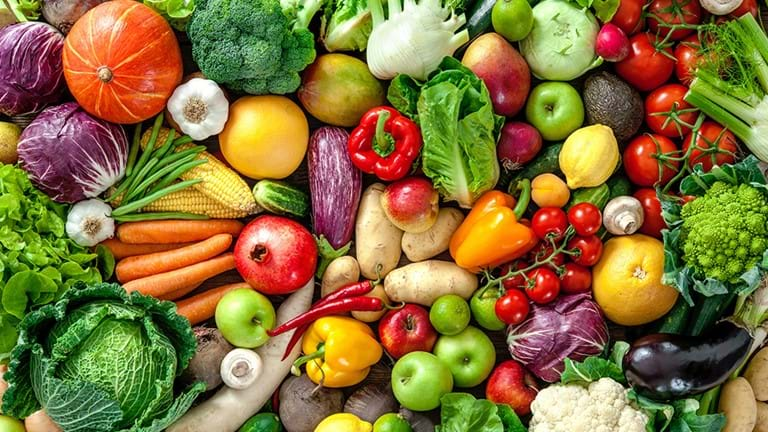BRCGS issues new food safety guidance for manufacturers

Image credit: BRCGS
BRCGS, the organisation behind the world’s leading food safety standard, has issued new guidance to food manufacturers amid concerns about the impact of Covid-19 on food production.
According to the World Health Organisation, it is highly unlikely that people can contract coronavirus from food or food packaging, but the pandemic presents a range of challenges to manufacturers, including disruption to supply chains, staff absenteeism, and an influx of new workers. All these have an impact on maintaining high standards of food safety and quality management.
“The global food supply chain has held up very well despite the huge spike in demand for groceries and the disruption caused by social distancing measures in the workplace,” said Mark Proctor, CEO of BRCGS.
“The purpose of this guidance is to provide additional assurance to brands and manufacturers, safeguarding them against potential operational challenges.”
In its new paper – Managing Food Safety during Covid-19 – BRCGS details the steps manufacturers should take to maintain high standards of food safety and product integrity during the Covid-19 crisis. These include:
- Establishing a team with responsibility for the Covid-19 response
- A systematic review of HACCP processes
- Systems for emergency supplier and raw material approval
- The use of internal audits to maintain certification to food safety standards
- Processes for approving temporary workers
- Additional housekeeping and hygiene measures
The guidance sets out measures designed to mitigate a range of potential risks, including those posed by taking on temporary workers and by ingredient substitution.
It is likely that sites will be taking on more temporary workers to cover for increased rates of absenteeism or to cover additional shifts due to increased demand or slower line speeds. This increases the demands for training and supervision to help workers adapt to the high standards of the food industry.
Shortages of raw materials may result in substitution which could affect the label declaration. Product formulations may have to change and this has implications for ingredient declaration and allergen information.
The new guidance is available free of charge on the BRCGS website.
